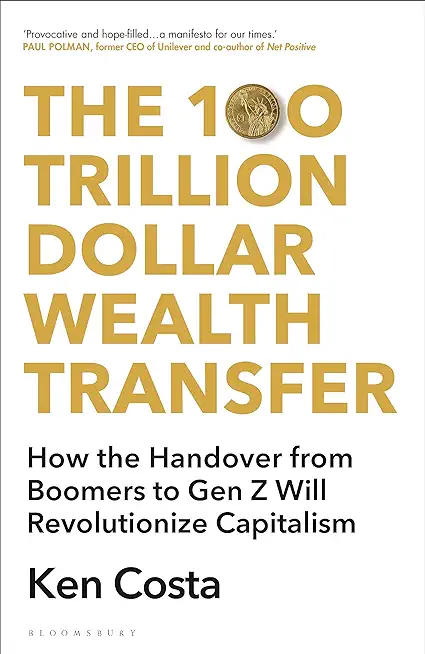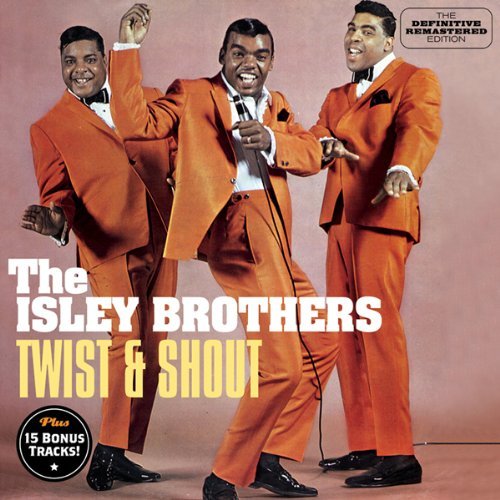
Duncan-Andrade, Jeffrey M. R.
A leading scholar-practitioner and ardent proponent of culturally responsive forms of education, Jeffrey M. R. Duncan-Andrade aims to settle the debates over whether we should work toward a public education system built on the goal of equality, in which identical resources are provided for all students, or equity, in which different resources are offered in response to differences in student interests and needs. Duncan-Andrade centers his argument on the importance of creating meaningful education experiences for all students, particularly for low-income students of color and immigrant students, who have gained relatively fewer benefits from decades of equality-focused education reform.
Drawing on research from across a range of disciplines, including neuroscience, social epidemiology, public health, and social work, Duncan-Andrade introduces three essential domains of a pedagogy that are both culturally and community responsive: relationships, relevance, and responsibility. He enlists the voices of practitioners to provide grounded examples of what community-responsive pedagogy looks like in each of these domains. These examples demonstrate how equitable classroom practices can enrich student engagement, enhance trauma responsiveness, and improve educational outcomes.
Equality or Equity makes an urgent appeal for designing and implementing a truly equitable school system and shows us how we can begin to accomplish that goal.







